Business trips don’t have to be all work and no play. Smart travelers know how to squeeze adventure into their professional journeys without compromising their job responsibilities. With a little planning and creativity, you can turn those boring work trips into exciting mini-vacations that feed both your career and your wanderlust.
1. Arrive a Day Early
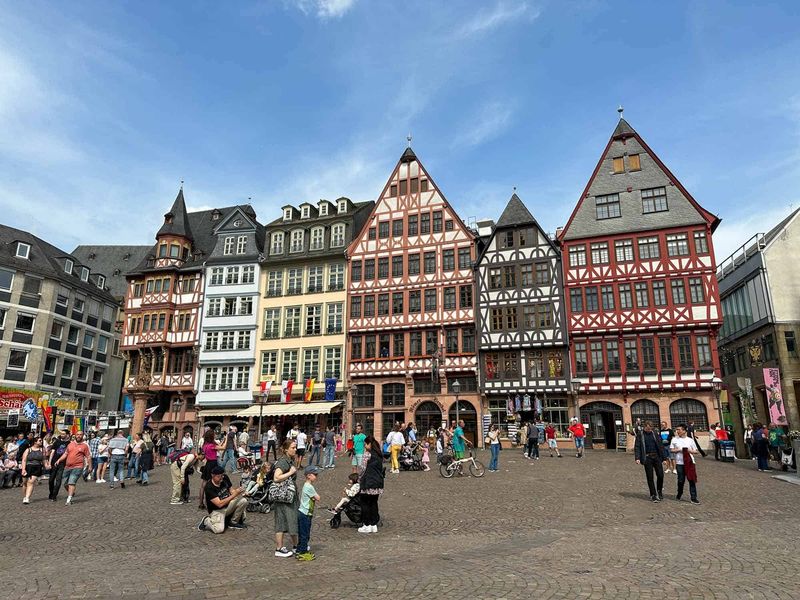
Flying in 24 hours before your first meeting gives you a golden opportunity to explore without stress. Most companies understand that arriving early helps you adjust to time zones and be more productive during actual work days.
Use this bonus day to visit famous landmarks, take a walking tour, or simply wander around interesting neighborhoods. You’ll feel more relaxed and confident when work begins because you’ve already gotten your bearings.
Plus, you won’t spend your entire trip wondering what cool stuff you’re missing outside your hotel window.
2. Stay Over the Weekend
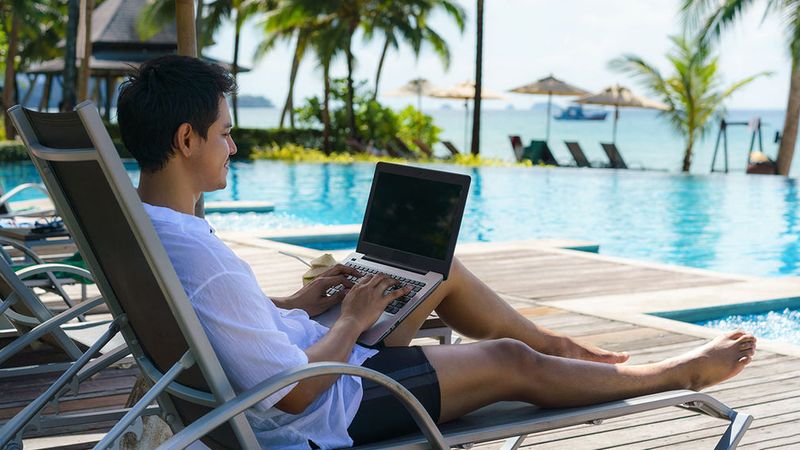
Weekend extensions are often the easiest way to add leisure time to business trips. Many employers don’t mind if you stay extra days, especially when you cover personal expenses yourself.
Saturday and Sunday offer completely different vibes than weekdays in most cities. Markets come alive, families fill the parks, and you can experience local life at a slower pace. Museums often have special weekend programs too.
Check flight prices before assuming weekend stays cost more. Sometimes staying through Sunday actually saves money on airfare, making this strategy both fun and budget-friendly for everyone involved.
3. Choose a Central Hotel
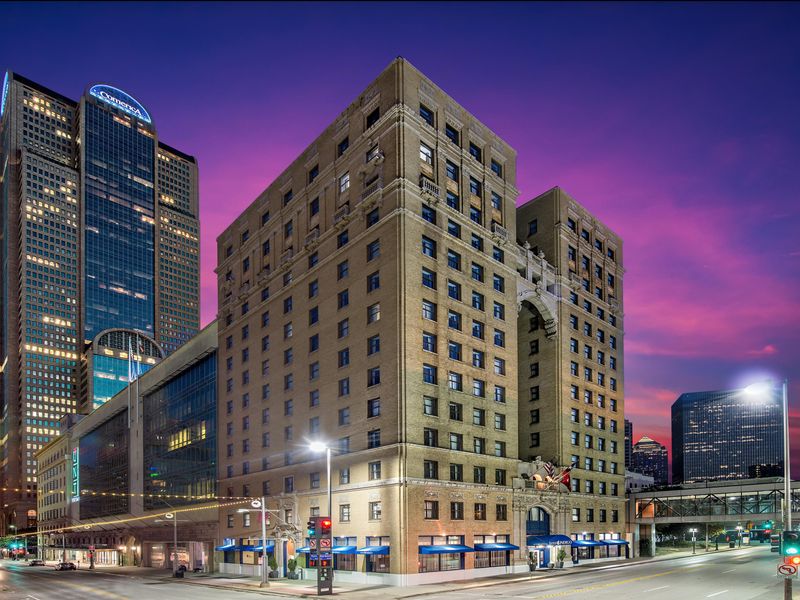
Location matters more than luxury when you’re trying to maximize sightseeing time. A centrally located hotel puts you within walking distance of restaurants, shops, museums, and cultural attractions.
You can grab breakfast at a local bakery instead of expensive room service. Evening strolls become mini-adventures rather than planned expeditions requiring transportation and lots of time.
Even if your company books accommodations, you can often request specific areas or suggest alternatives that work better for both business meetings and personal exploration. Most travel departments appreciate employees who think strategically about location benefits.
4. Schedule Morning Walks
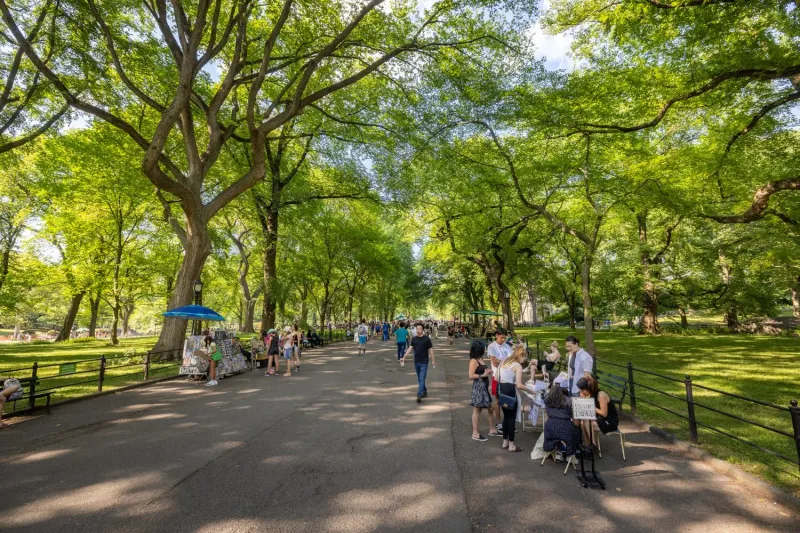
Early morning hours reveal cities in their most authentic state. Streets are quieter, locals are starting their routines, and you can observe daily life before tourist crowds arrive.
Morning walks also energize you for the workday ahead. Fresh air and light exercise beat scrolling through emails in your hotel room. You might discover a great coffee shop or breakfast spot for the rest of your stay.
Set your alarm just 30-45 minutes earlier than usual. That small time investment pays huge dividends in terms of local culture exposure and personal well-being throughout your business trip.
5. Use Lunch Breaks Wisely

Skip the hotel restaurant and venture out for authentic local cuisine during lunch breaks. Food trucks, neighborhood cafes, and family-run restaurants offer genuine tastes of regional culture.
Lunch exploration doesn’t require hours of time or extensive planning. Simply walk in a different direction from your meeting location and see what catches your eye. Local workers know the best spots.
You’ll return to afternoon meetings energized by your mini-adventure and possibly with great restaurant recommendations for colleagues. Plus, you’ll have interesting stories to share when you get home from your business trip.
6. Turn Commutes Into Tours
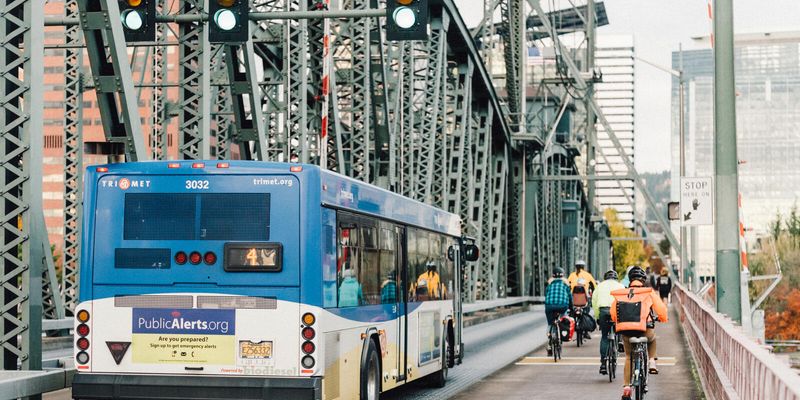
Public transportation offers incredible windows into local life that taxi rides completely miss. Buses and trains take you through neighborhoods tourists rarely see while getting you to meetings on time.
Walking or biking between appointments lets you notice architectural details, street art, and small businesses that make each city unique. You’re traveling anyway, so why not make it interesting?
Download transit apps and bike-sharing programs before your trip. Allow extra time for these scenic routes, and always have a backup plan in case you need faster transportation for important meetings.
7. Plan Micro-Tours
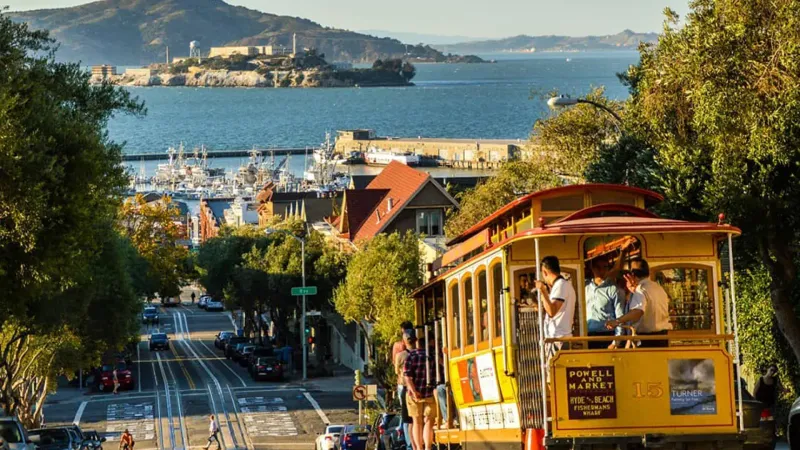
One-hour museum visits, 30-minute river cruises, or quick guided walking tours fit perfectly between business appointments. Many attractions offer express options designed for busy travelers.
Micro-tours give you concentrated doses of local culture without requiring full-day commitments. You’ll learn key facts about the city’s history, art, or architecture in bite-sized portions that actually stick in your memory.
Book these mini-experiences in advance using smartphone apps. Popular options include audio walking tours, express museum highlights, and short boat rides that showcase city skylines from unique perspectives you’d never see otherwise.
8. Leverage Business Contacts

Local colleagues and business partners are goldmines of insider knowledge about their cities. They know which restaurants serve the best regional specialties and which attractions are worth your limited time.
Ask for recommendations during casual conversation at meetings or networking events. Most people love sharing their favorite local spots and appreciate visitors who want authentic experiences rather than typical tourist traps.
Your business contacts might even offer to show you around personally, turning sightseeing into relationship-building opportunities. These connections often lead to deeper professional relationships and more enjoyable future visits to the same destination.
9. Use Airport Layovers

Long layovers don’t have to mean hours of boring airport waiting. Many major cities offer quick tours specifically designed for travelers with connecting flights and limited time.
Some airports provide free city tours for passengers with layovers over certain lengths. Others are located close enough to downtown areas that you can safely explore nearby attractions independently.
Research layover tour options when booking flights, and always factor in security checkpoint time when planning these mini-adventures. Even a brief taste of a new city can make travel delays feel like bonus experiences rather than frustrating inconveniences.
10. Combine Networking with Sightseeing
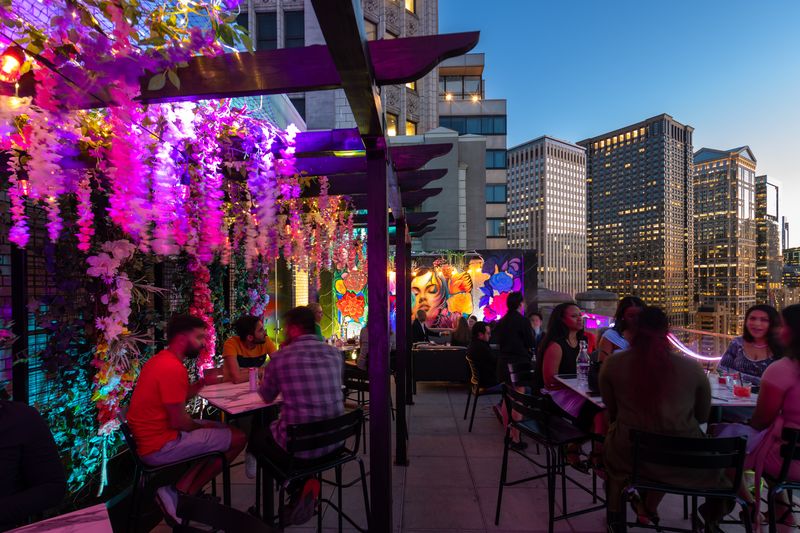
Invite clients or colleagues to join you for dinner at restaurants with scenic views or walks through historic neighborhoods. Business relationships often strengthen in relaxed, interesting environments outside conference rooms.
Suggest meeting locations that showcase local culture, like rooftop bars with city panoramas or cafes in charming old districts. Your business contacts will appreciate experiencing their own city from a fresh perspective.
These combination activities serve dual purposes efficiently. You’re building professional relationships while exploring new places, making every conversation and every step count toward both career and travel goals simultaneously.
11. Opt for Bleisure-Friendly Flights
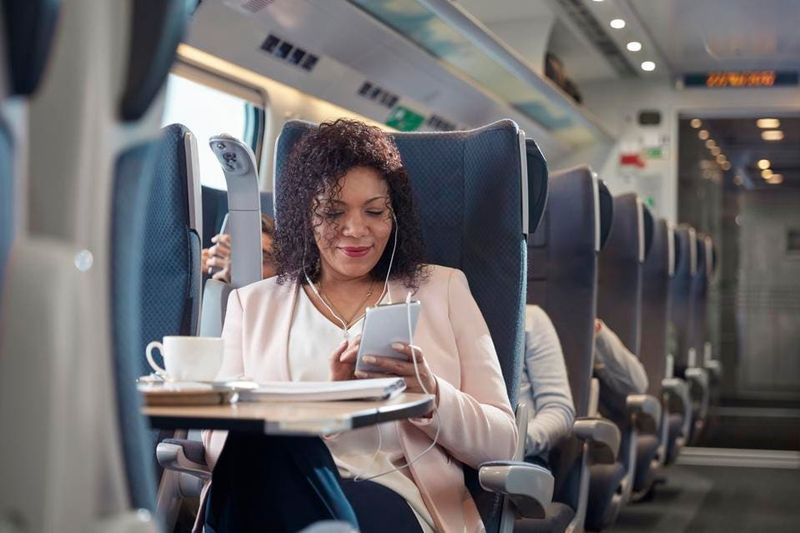
Strategic flight timing can add extra sightseeing days without significantly increasing travel costs. Flying in Friday for Monday meetings or staying until Tuesday after Friday events maximizes your destination time.
Weekend flights are often cheaper than mid-week options, so extending your trip might actually save your company money while giving you bonus exploration time. Check various departure and return combinations when booking.
This approach works especially well for destinations you’ve always wanted to visit but couldn’t justify purely vacation trips to. You’re already covering major travel expenses for business, so extending stays becomes incredibly cost-effective for personal enjoyment.
12. Attend Local Events

Concerts, festivals, sports games, and cultural events happening during your business trip offer authentic glimpses into local life and entertainment. Check event calendars when planning your itinerary.
Evening events work perfectly after business hours, giving you something exciting to look forward to throughout your workday. You might discover new music, local traditions, or regional sports you’d never encounter at home.
Many cities have free outdoor concerts, art walks, or community festivals that require no advance planning or ticket purchases. Hotel concierges and local websites are excellent resources for finding these spontaneous cultural experiences during your visit.
13. Try a Workation Extension

Adding personal vacation days after business trips lets you transition from work mode to relaxation mode while staying in the same destination. You’re already there, so why not make the most of it?
This strategy works particularly well for international business trips where jet lag and long travel times make quick turnarounds exhausting. Extended stays help you recover while exploring at a leisurely pace.
Plan these extensions in advance so you can research activities, make reservations, and mentally prepare for the transition from business responsibilities to personal enjoyment. Your future self will thank you for the thoughtful planning and extra adventure time.
14. Use Tech to Maximize Time

Scheduling remote work blocks during business trips creates flexible time pockets for exploration without missing important deadlines or disappointing colleagues back home. Technology makes this balance possible.
Work from scenic locations like hotel rooftops, park cafes, or co-working spaces in interesting neighborhoods. You’ll maintain productivity while soaking up local atmosphere during necessary computer time.
Use productivity apps to batch similar tasks together, creating longer free periods for sightseeing rather than scattered short breaks. Video calls can happen from anywhere with good wifi, so choose locations that inspire you while staying professional.
15. Collect Experiences, Not Just Souvenirs

Memorable local activities like cooking classes, market tours, or nature hikes create lasting memories that outlast any souvenir you could buy in airport gift shops.
Hands-on experiences teach you about local culture in ways that passive sightseeing cannot. You’ll learn new skills, meet interesting people, and have great stories to share when you return home from your business adventure.
These activities often cost less than expensive shopping sprees but provide much more value in terms of personal growth and cultural understanding. Book experience-based activities that match your interests and available time windows during the trip.



